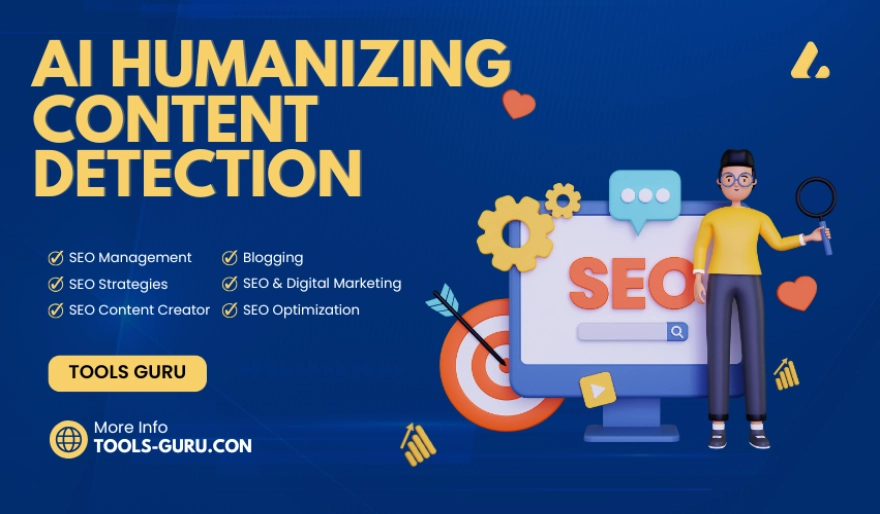Eliminate repetitive language that may indicate AI authorship
1 hour read Rephrasing sentences using different words while maintaining their original meaning can help avoid AI content detection October 25, 2024 21:41
Rephrasing sentences using different words while maintaining their original meaning can help avoid AI content detection. By adopting an easy to understand writing style that incorporates personal anecdotes and experiences, you can create content that is less likely to be flagged as AI-generated.
AI writing has come a long way from its humble beginnings of simple tasks like auto-completing sentences and grammar checking. Today, due to advanced algorithmic improvements, AI writing has become prevalent in content marketing, making it challenging to compete without using AI writing tools yourself.
The key to bypassing AI content detectors is ensuring that your AI-generated writing appears to have been written by a human rather than a computer, both for your readers and search engines.
Understanding AI Detection
AI detection is the practice of distinguishing between content generated by artificial intelligence software and human-written content. It typically involves analyzing writing patterns, sentence structures, and redundant words to look for characteristic signs of AI content generators.The detection of AI in content has become increasingly important for digital publishers in SEO and content marketing, as well as in image and video generation. It's crucial because the use of AI-generated content can impact the perceived quality and authenticity of a piece of content. Human writing is often mistakenly perceived to have more value than AI-generated text, possibly due to the assumption that a human writer will spend more time and effort on the task.However, it's important to note that AI detection isn't necessary if you're creating articles to rank higher in search engines. Google has repeatedly stated that its focus is not on how content is created but on the value it delivers to users.
10 Ways to Avoid AI Content Detection
- Rephrase sentence structure and format: Modify the sequence of words and phrases within sentences to throw off detection algorithms.
- Use synonyms and similar words: Substitute certain words with their equivalents to convey the same message without being detected.
- Use an anti-AI detector or text humanizer: These tools tweak AI-generated content to mimic human writing, obscuring its artificial origins.
- Avoid repetitive keywords and phrases: Eliminate repetitive language that may indicate AI authorship.
- Share personal anecdotes and perspectives: Add real-life examples, stories, or analogies to make your content more engaging and human-like.
- Use descriptive prompts: When using AI generators, provide detailed prompts to produce more nuanced and natural-sounding content.
- Use paraphrasing tools: These can help improve the tone of your AI content and make it sound more human-written.
- Use competent AI writing tools: Some AI writing software is designed to produce content that feels more like it was written by a human.
- Use human moderators: Have human editors review and refine AI-generated content to ensure it's engaging and natural-sounding.
- Complicate your writing: As a last resort, you can make your writing more complex to confuse AI detectors, but this may also make it harder for readers to understand.
Google's Stance on AI Content
While Google likely can identify AI-generated text using natural language processing and machine learning algorithms, their main goal is to reward original, high-quality content regardless of how it's produced. According to Google's search guidelines, AI-generated content is perfectly acceptable as long as it's written with people in mind first and provides value to users.
When to Avoid Using AI Content
You should be cautious about using AI-generated content when writing for YMYL (Your Money or Your Life) niches or when you need to demonstrate expertise stemming from personal experience in your profession. This is particularly important for topics related to health and finance, which often require personalized advice and carry potential legal and ethical implications.
To remain compliant with Google's E-E-A-T (Experience, Expertise, Authority, and Trustworthiness) guidelines, it's advisable to review and edit any content generated using AI tools, especially for sensitive topics.In conclusion, the key to success in content creation is striking a balance between human and AI-generated content. By including human intervention and sharing personal insights, you can harness the power of AI while delivering meaningful content that resonates with your target audience and meets search engine quality standards.
User Comments (0)
Popular Apps










Editor's Choice









